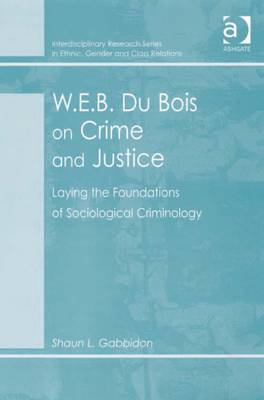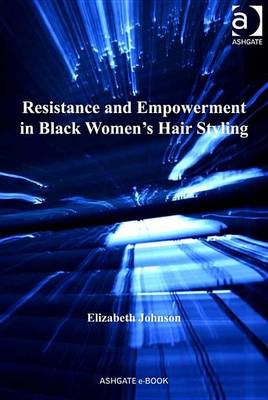Interdisciplinary Research Series in Ethnic, Gender and Class Relations
3 total works
Crude oil extraction in the Niger Delta region of Nigeria generates 96% of all foreign earnings and 85% of state revenues, making it crucial to the survival of the Nigerian state. Several generations of state neglect, corruption and mismanagement have ensured that the Delta region is one of the most socio-economically and politically deprived in the country. By the late 1990s there was a frightening proliferation of armed gangs and insurgent groups. Illegal oil bunkering, pipeline vandalism, disruption of oil production activities, riots, and demonstrations intensified and in 2003, insurgents began kidnapping oil workers at a frenetic pace. In late 2005, an uber-insurgent movement 'organization' was formed in Nigeria. Christened the Movement for the Emancipation of the Niger Delta (MEND), it operates as an amorphous, multifaceted amalgam of insurgent groups with an unprecedented clinical precision in execution of intents.
By focussing on kidnappings that are putatively connected to the struggle for emancipating the Niger Delta, Oriola makes the case for analysing MEND as a social movement organization, rather than a terrorist or criminal gang by showing how political processes shape kidnappings in the Delta. The use of violent repertoires of contention has not garnered sufficient attention in the social movement literature, despite the fact that that around the world, many similar groups are adopting violent tactics without necessarily eschewing non-violent techniques.
Based on multi-actor research, including interviews and focus group discussions with community members, military authorities, 42 ex-insurgents directly involved in illegal oil bunkering and kidnapping, and official email statements from 'Jomo Gbomo', the spokesperson of MEND, this book will be of interest to sociologists, political scientists and peace and security studies scholars.
This is the first book to discern the contribution of Du Bois' work to criminology and criminal justice through a comprehensive review of his papers, articles and books.
Beginning with reflections from his childhood, the author traces Du Bois' ideas on crime and justice throughout his life. This includes a unique analysis of Du Bois' experience as an object of the criminal justice system, a review of his FBI file, his 1951 trial and his pioneering social scientific research program at Atlanta University. The book illustrates the depth of Du Bois' interest in the field and reveals how he was a pioneer in key areas of criminology and criminal justice.
The book contains five appendices which include four original papers written by Du Bois as well as maps from The Philadelphia Negro.
Resistance and Empowerment in Black Women's Hair Styling
by Elizabeth Johnson
Elizabeth Johnson's Resistance and Empowerment in Black Women's Hair Styling develops the argument that one way Black women define themselves and each other, is by the way they style/groom their hair via endorsement by the media through advertisement, idealized identification of Black female celebrities, and encouragement by professional celebrity hair stylists who serve as change agents. As a result, hair becomes a physical manifestation of their self-identity, revealing a private and personal mindset.
Her research answers the following questions: What is the relationship between Black females' choice of hairstyles/grooming and transmitted messages of aesthetics by the dominant culture through culturally specific magazines?; What role do the natural hair blogs/vlogs play as a change agent in encouraging or discouraging consumers grooming their hair in its natural state?; What impact does a globalized consumer market of Black hair care products have on Hispanic/Latinas and Bi-Racial women?; Are Black female Generation Y members more likely to receive backlash for failure to conform their hair to dominant standards in their hair adornment in the workplace?
Johnson thus demonstrates that the major concern from messages sent to Black women about their hair is its impact on Black identity. Thus, the goal of Black women should be to break with hegemonic modes of seeing, thinking, and being for full liberation. This critical and deep consciousness will debunk the messages told to Black women that their kinky, frizzy, thick hair is undesirable, bad, unmanageable, and shackling.


